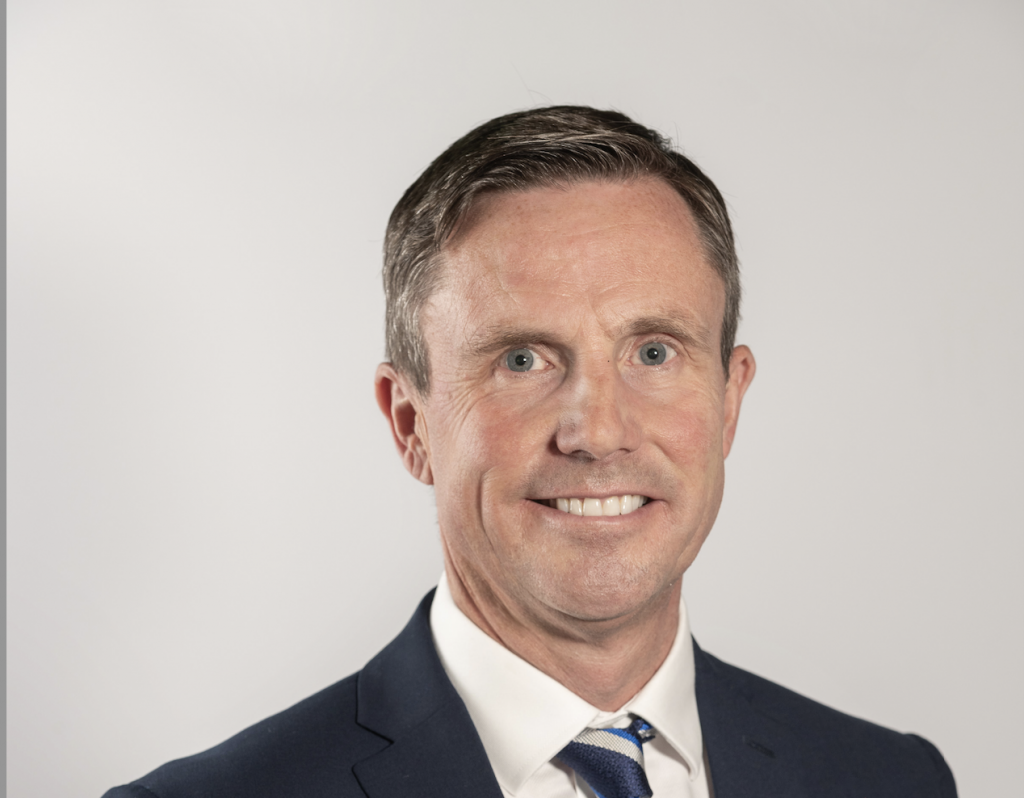SPONSORED CONTENT
LGIM recently published the third edition of its DC ESG saver research. What struck you most about this year’s findings?
We have seen a really big upswing in members feeling their pensions can make a positive impact on the society they live in. Last year 25 per cent of members presented with case studies took the view that their pensions could have a positive impact on society. This year that figure has more than doubled, to 64 per cent of respondents, rising to 77 per cent of Generation Z.
Why do you think member engagement is increasing in this way?
There are a number of reasons. Partly as a result of raised awareness caused by COP26 and NGO campaigns such as Make My Money Matter, but we also think the increased strength of the narratives in the case studies we have been able to present has also had an impact. The engagement case studies we use are more developed now – last year was the first time we have been able to
show companies where we had divested, engaged, worked with companies and actually reinvested in them. This virtuous circle seems to have convinced members there is merit in working with companies over the long term, rather than simply divesting from them.
How else is member understanding of ESG and the divestment/engagement debate developing?
The research shows how members are more positive towards the engagement path when it relates to brands that are important to people. We found 60 per cent of Generation Z would rather divest rather than engage as a matter of principle – a higher proportion than all the other generations. But when specific brands that were meaningful to them were mentioned, they were far more prepared to follow the engagement route.
For example, a majority of those aged 18 to 24 would prefer to take an engagement approach with Boohoo, which has been criticised for supply chain and working practice issues, rather than divest from it.
How are member attitudes to climate pledges and net zero changing?
We are seeing a hardening of attitudes around net zero in terms of the number of people who would want to see a reduction of the carbon in their pension portfolio regardless of what impact it might have on performance. This trend could be a consequence of the current cost of living crisis, with people increasingly taking the view that every penny counts, and that goes for pension investment performance too.
Two years ago 45 per cent of members said they would only want to divest from fossil fuels if there was no impact on performance. In this year’s research that figure has risen considerably, to 59 per cent. At the same time there has been a 7 per cent fall in the number of people who would divest from a company even if it did impact on performance, with just 25 per cent of members taking that view, from 32 per cent a year ago.
Do these attitudes vary by age?
This hardening of attitudes increases the closer savers get to retirement. Older savers are less convinced of the impact ESG and net zero targets are likely to have on fund performance. Only half of baby boomers thought pension funds with a net zero target will perform better in the long run, compared to three quarters of Generation Z savers. But our research also found having a net zero target is almost as important for members in decumulation as for those in the accumulation phase, with 84 per cent of those in retirement wanting a net zero target, compared to 87 per cent of pre-retirement members.
What is Legal & General doing to reflect members attitudes?
Climate change has overtaken the Covid-19 pandemic as members’ biggest worry over performance – 57 per cent of members now think climate change is the biggest long-term risk, compared to 51 per cent who thought Covid-19 was last year.
We are taking great strides towards doing our bit to address climate change. We’ve committed to becoming net zero by 2050 in our capacity as an asset manager. And we’ve already made significant progress in meeting our net zero targets across our default funds, particularly in our flagship target date fund. These have already met their 2025 targets across all of the growth phases, three years ahead of schedule.
